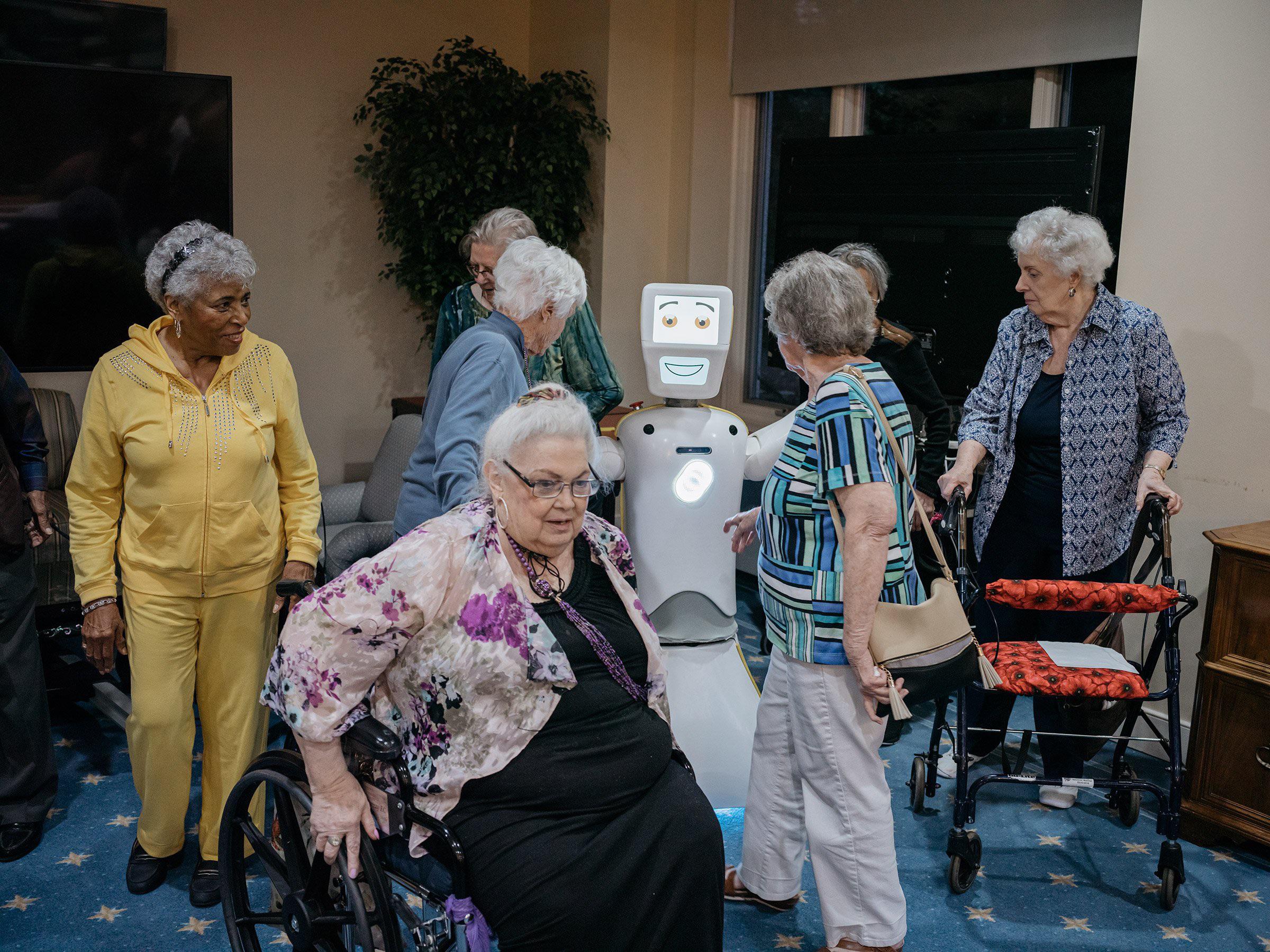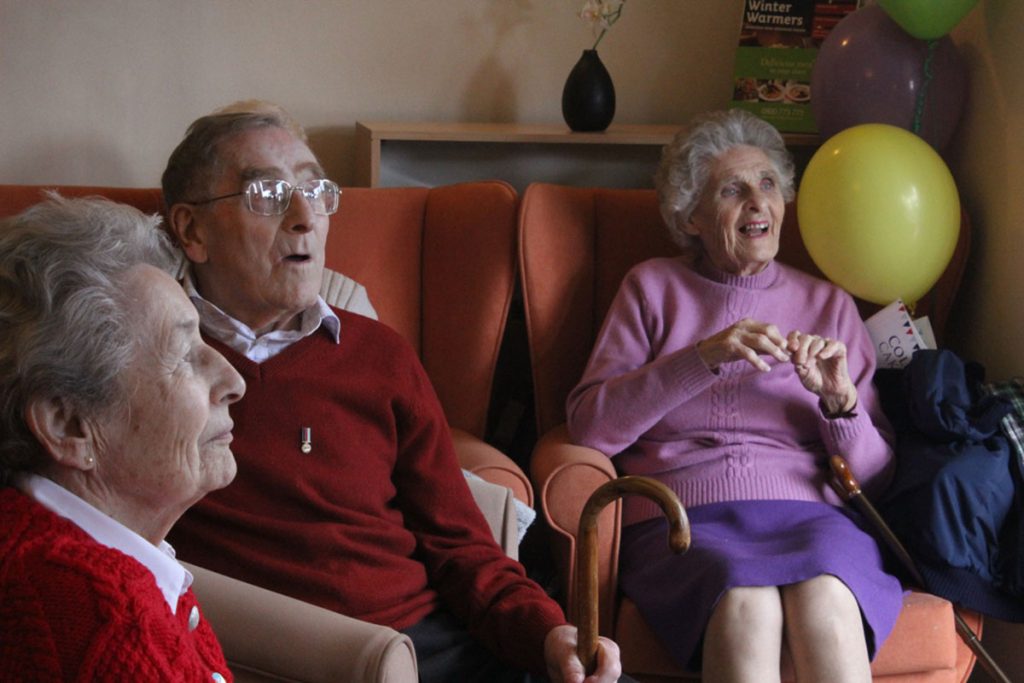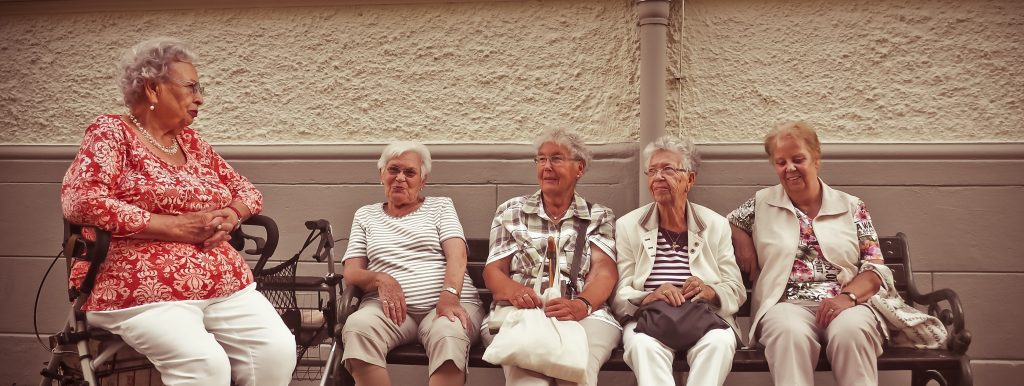Changes in the body can lead to changes in sleep patterns, both short and long. In addition to these changes, some lifestyle habits and medical conditions may affect sleep. In this article, we’ll explore some of these factors. And, we’ll discuss the best ways to address them, starting with the most common:
Changes in sleep patterns
One of the most common changes with age is a decrease in “night owl” sleep. Elderly people have an increased tendency to awaken in the early morning. As detailed by wilmacliving.com the waking hours of older adults also tend to be more irregular than those of younger adults. This sleep pattern may have been tolerated during their younger years while they were working, when early morning bright light acted as a cue for sleeping. As we grow older, this pattern becomes less effective, and the sleep-wake cycle becomes more irregular and delayed. Click here to get about placing a parent in a nursing home.
As we age, our bodies naturally undergo changes in sleep patterns. Sleeping in one state may not be as beneficial for our health as it is for our bodies. For instance, we need at least six hours of sleep per night to maintain our health. However, we often spend less than half of our nights in deep sleep, and our overall sleeping time decreases as we get older. Sleeping more than seven hours a night is not recommended for those over 65.
Other common changes in sleep patterns due to growing older are early bedtime and late awakening. Some people experience a natural “early to bed” habit and fall asleep around nine o’clock, and wake up before 4:00 a. This pattern is called advanced sleep phase syndrome. It can cause a great deal of distress. Regardless of the cause, changes in sleep patterns may indicate a diagnosis of circadian rhythm sleep disorder.
Medical conditions that affect sleep
Increasing age causes many different physical and mental health conditions to interfere with sleep. Many people over the age of 60 experience daytime sleepiness, which is often a sign of an underlying health condition. Other common physical conditions include cardiovascular and sleep apnea. Sleep disorders can cause a person to wake up frequently during the night. While some of these conditions can be addressed with medication, many of these individuals suffer from insomnia.
People who suffer from obstructive sleep apnea are at increased risk of developing the condition. This disorder causes the upper airway to repeatedly collapse, resulting in pauses of breathing that last anywhere from a few seconds to several minutes. This can disrupt your sleep and lead to a number of other problems, including heart disease, type 2 diabetes, and depression. In addition, it can also affect your concentration and memory, making you look and feel older than you actually are.
Despite the potential side effects of prescription sleeping pills, older adults are likely to take at least one prescription drug every day. That means that it’s easy to overuse sleep aids and get addicted to them. But while most people take benzodiazepines for insomnia and are happy to use these medications, this shouldn’t be the case for everyone. Moreover, these drugs may actually make your sleep problems worse.

Lifestyle habits that affect sleep
Many of us grow older, but our sleep patterns can still be the same. Insomnia is a common problem among the older population. Changing sleep habits is inevitable as we get older, but some lifestyle changes can contribute to sleep problems. For example, a decrease in sunlight can disrupt the natural sleep cycle. Other factors can disturb sleep, including certain medications and chronic health conditions such as diabetes, kidney disease, and prostate issues.
Many people experience difficulties falling asleep as they age, tossing and turning in bed for a long time and waking up frequently throughout the night. Noises may also interfere with sleep. In addition, they may become more prone to daytime sleepiness, making it difficult to fall asleep in a timely manner. Older people may also take naps or drift off while watching television, making sleeping even more difficult.
In addition to exercising, we can also engage in activities to prepare for sleep. Aerobic exercises release chemicals that promote restful sleep, and people can also engage in activities that involve movement. Swimming can be an especially gentle way to build fitness, and it is particularly beneficial for people with weak muscles or sore joints. A few community pools offer programs aimed at older adults. Many YMCAs also offer water-based exercise classes. Dancing is another way to extend our social circle.






